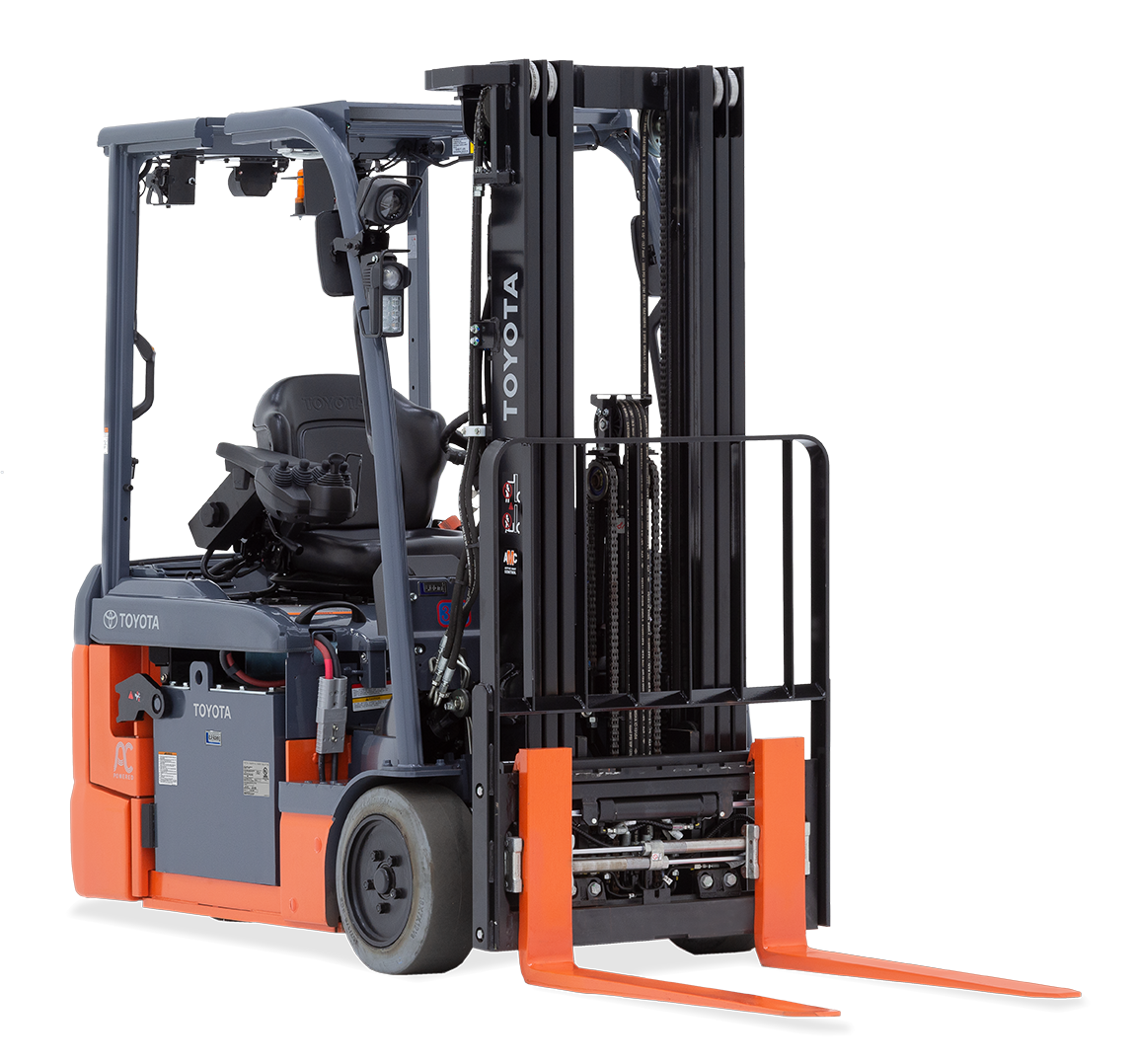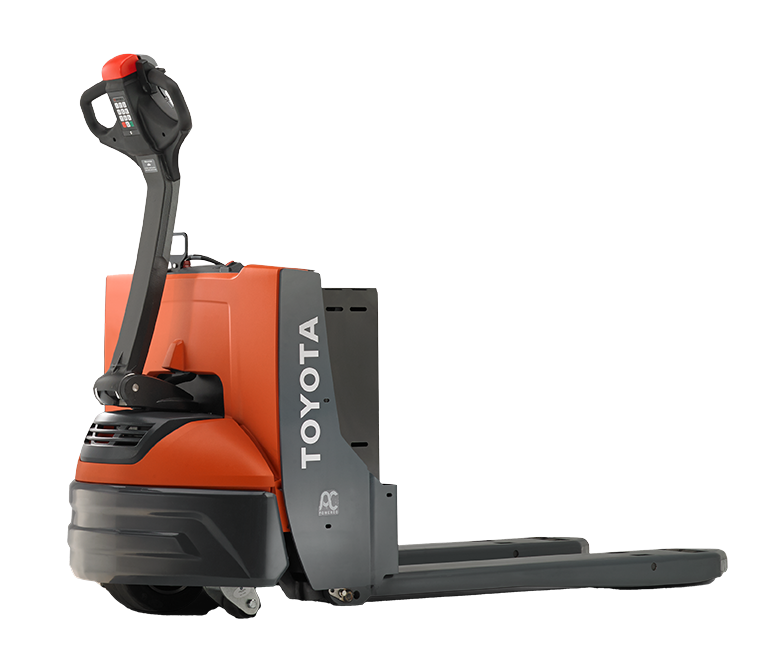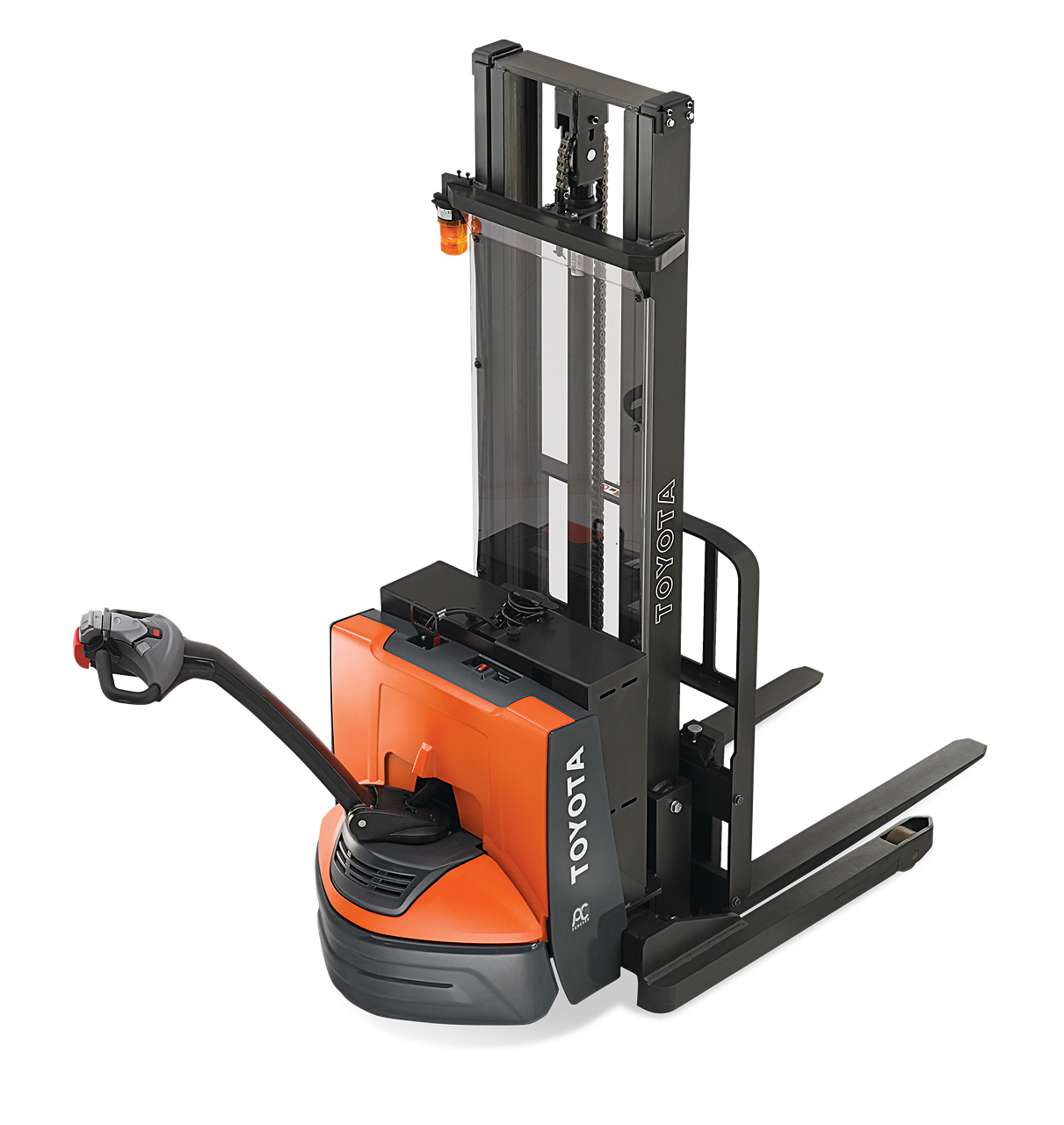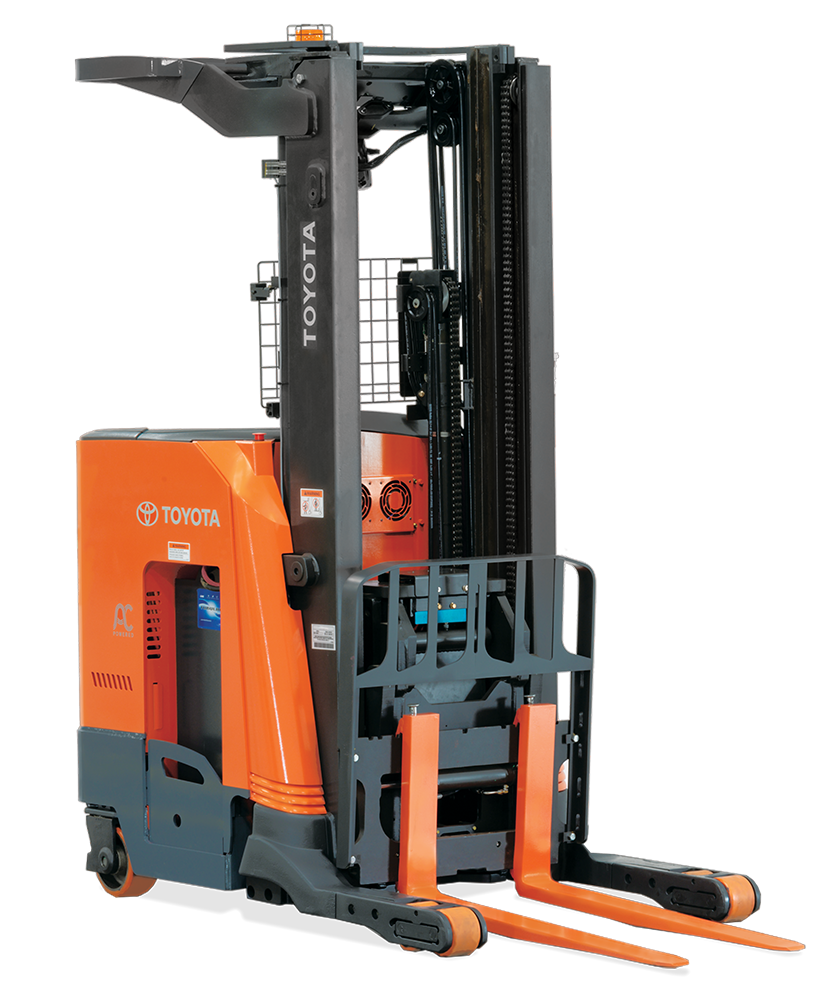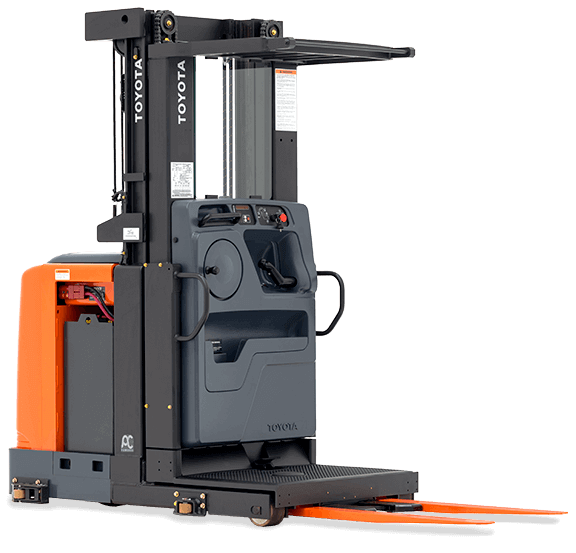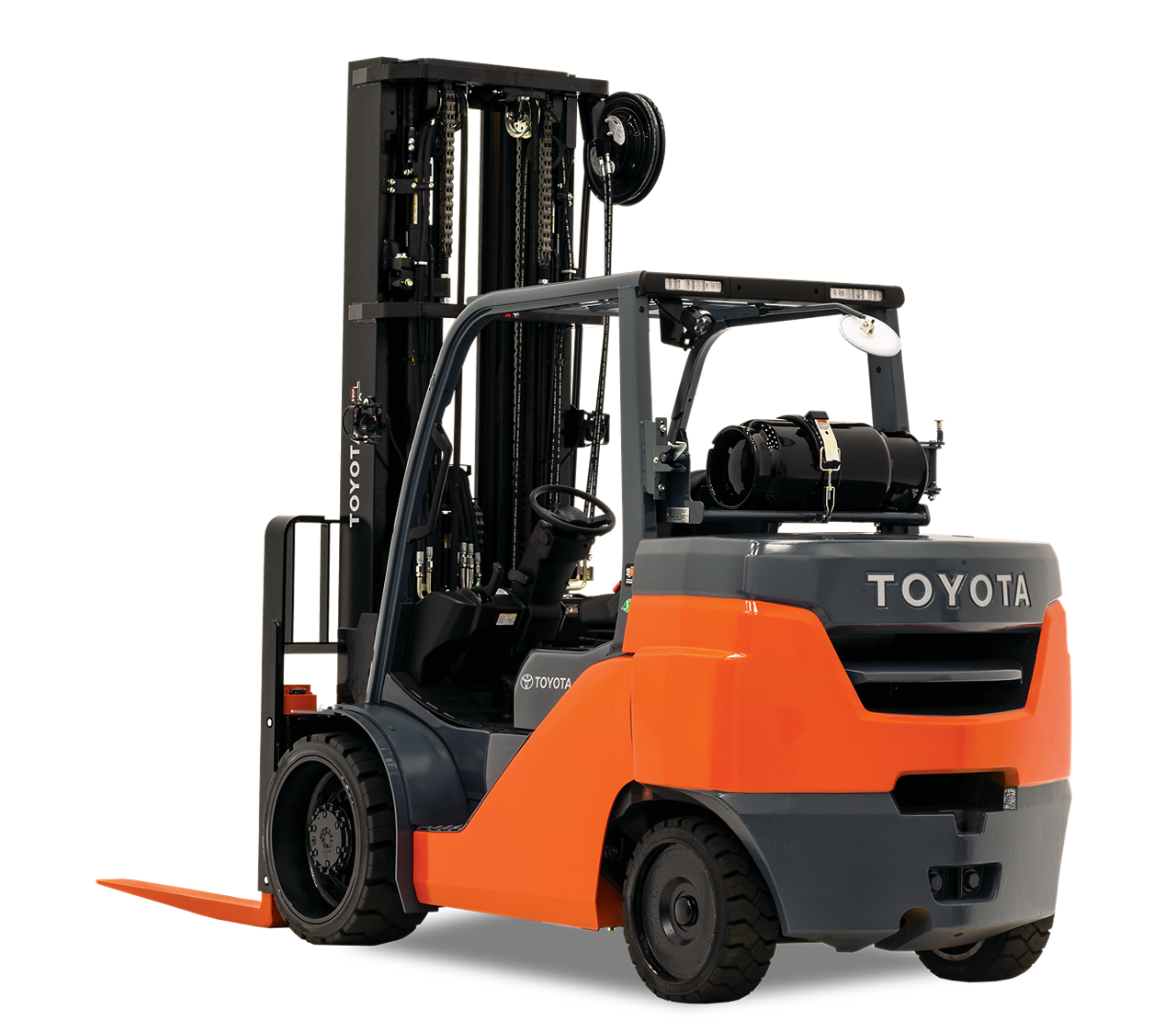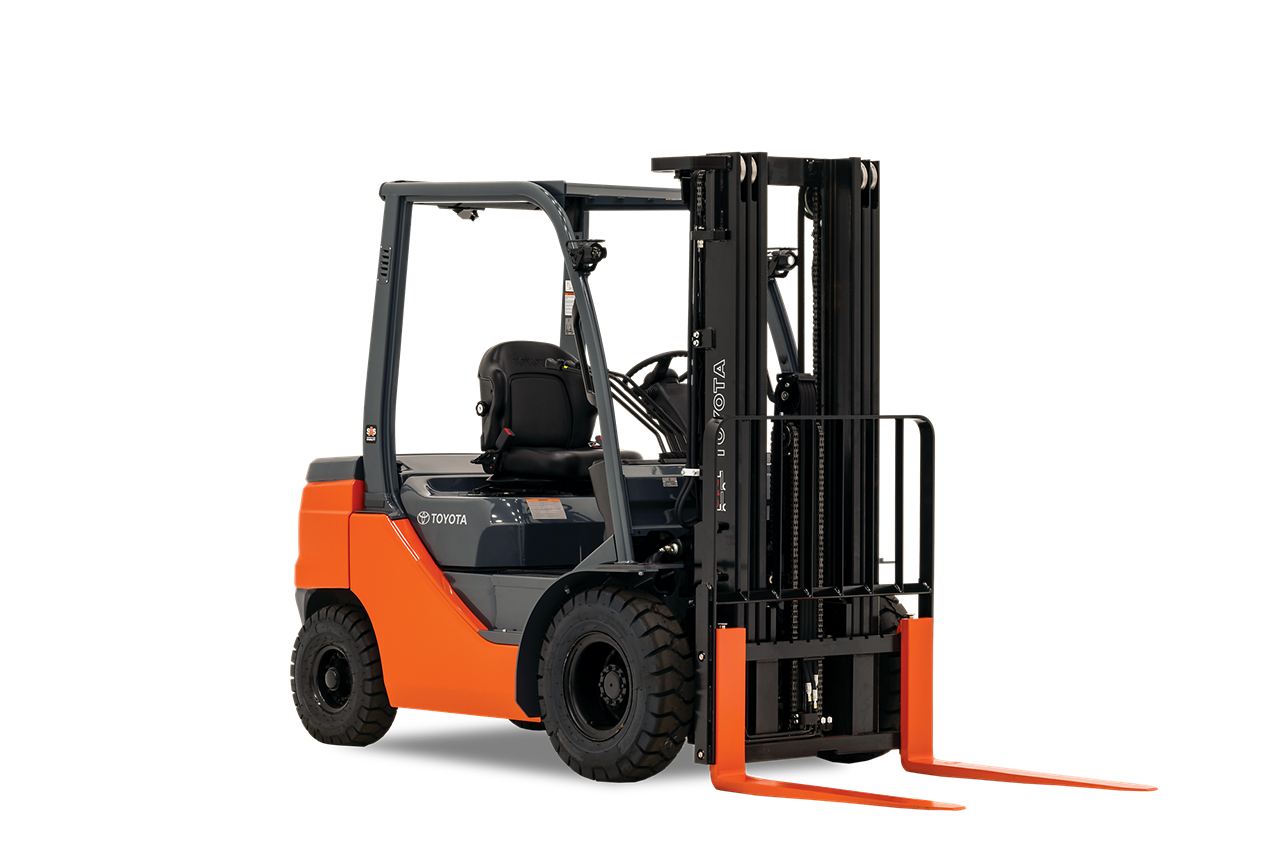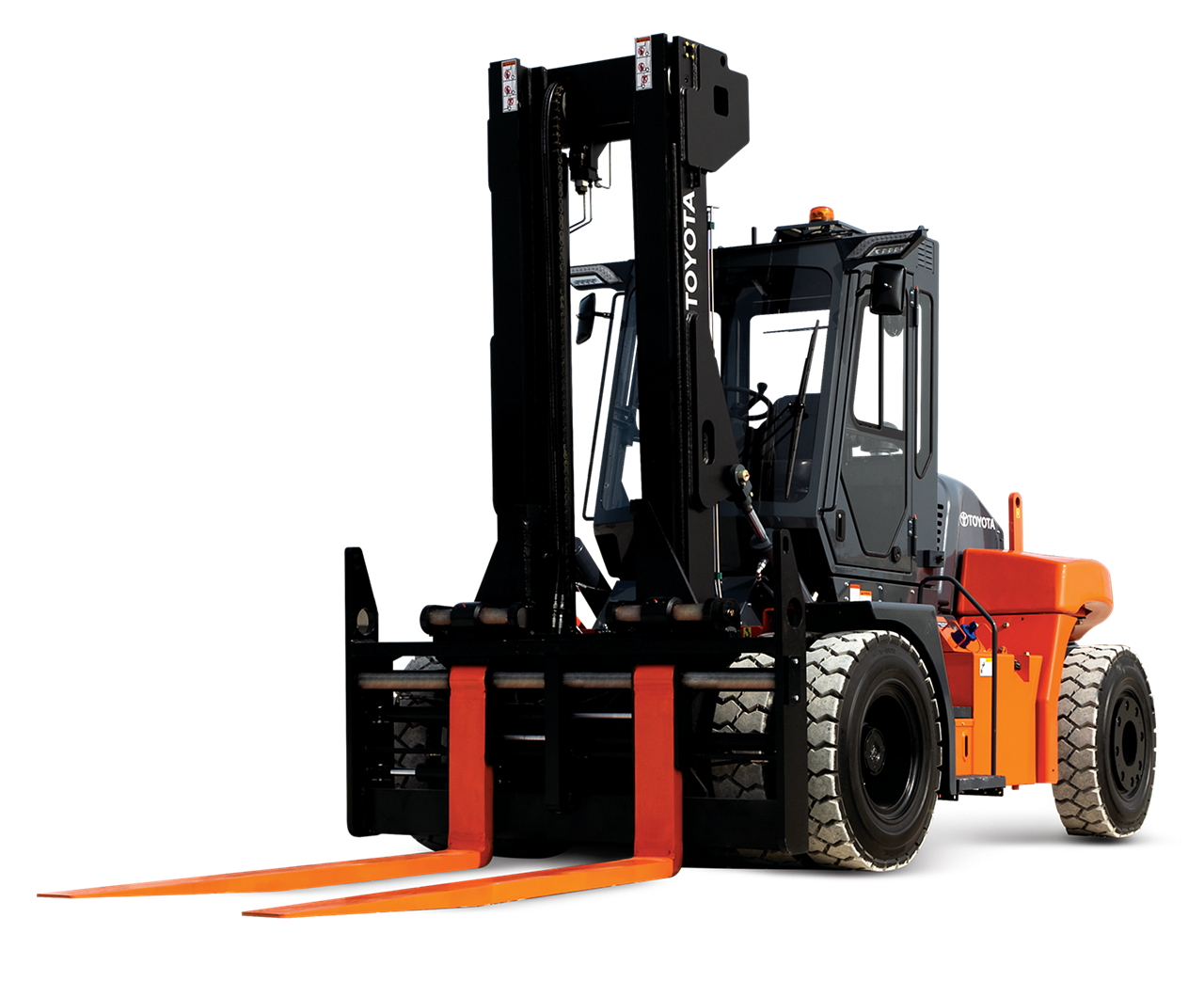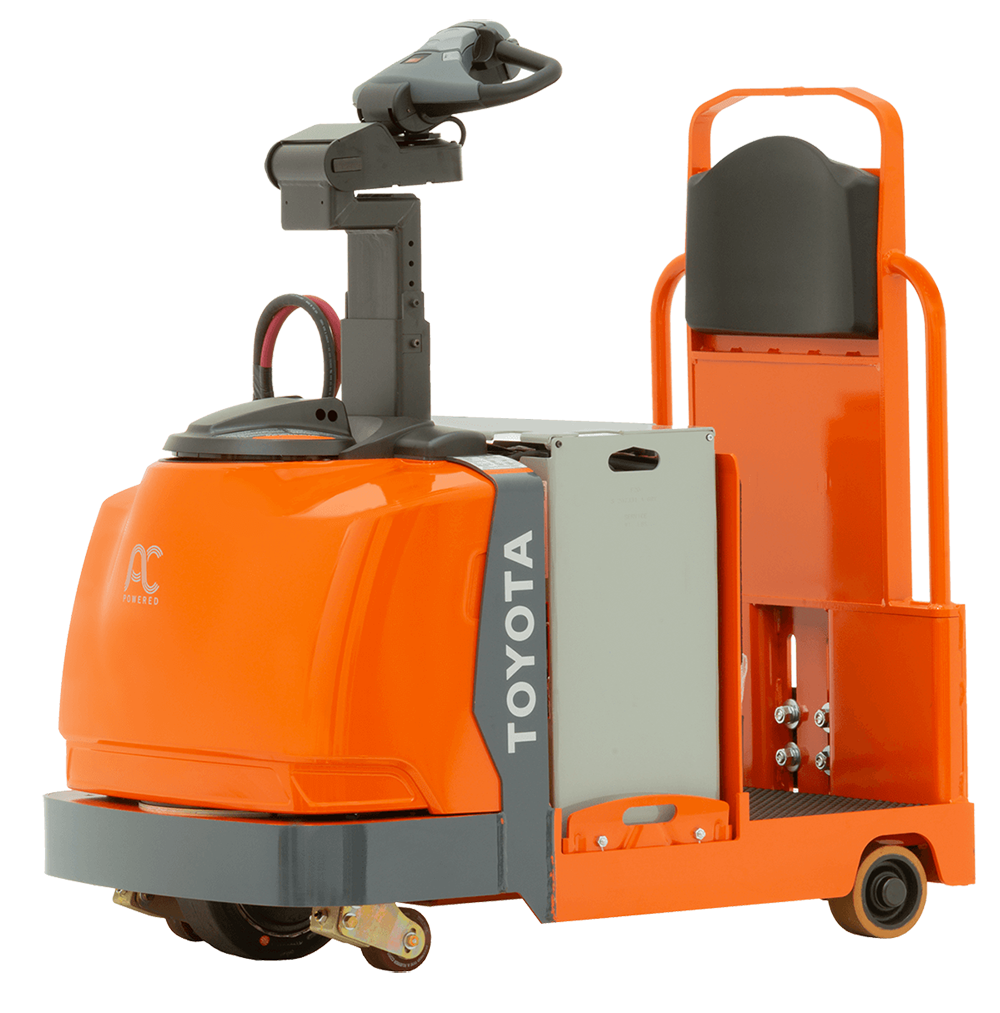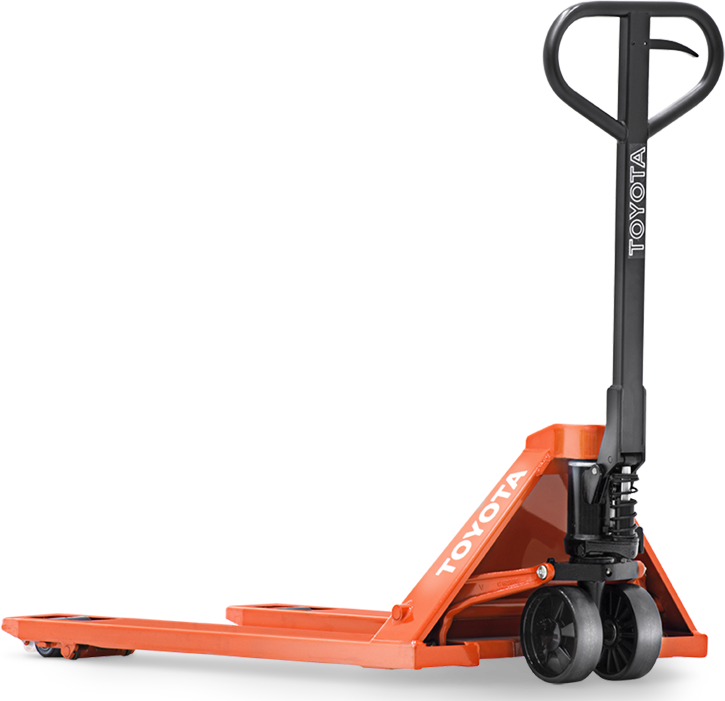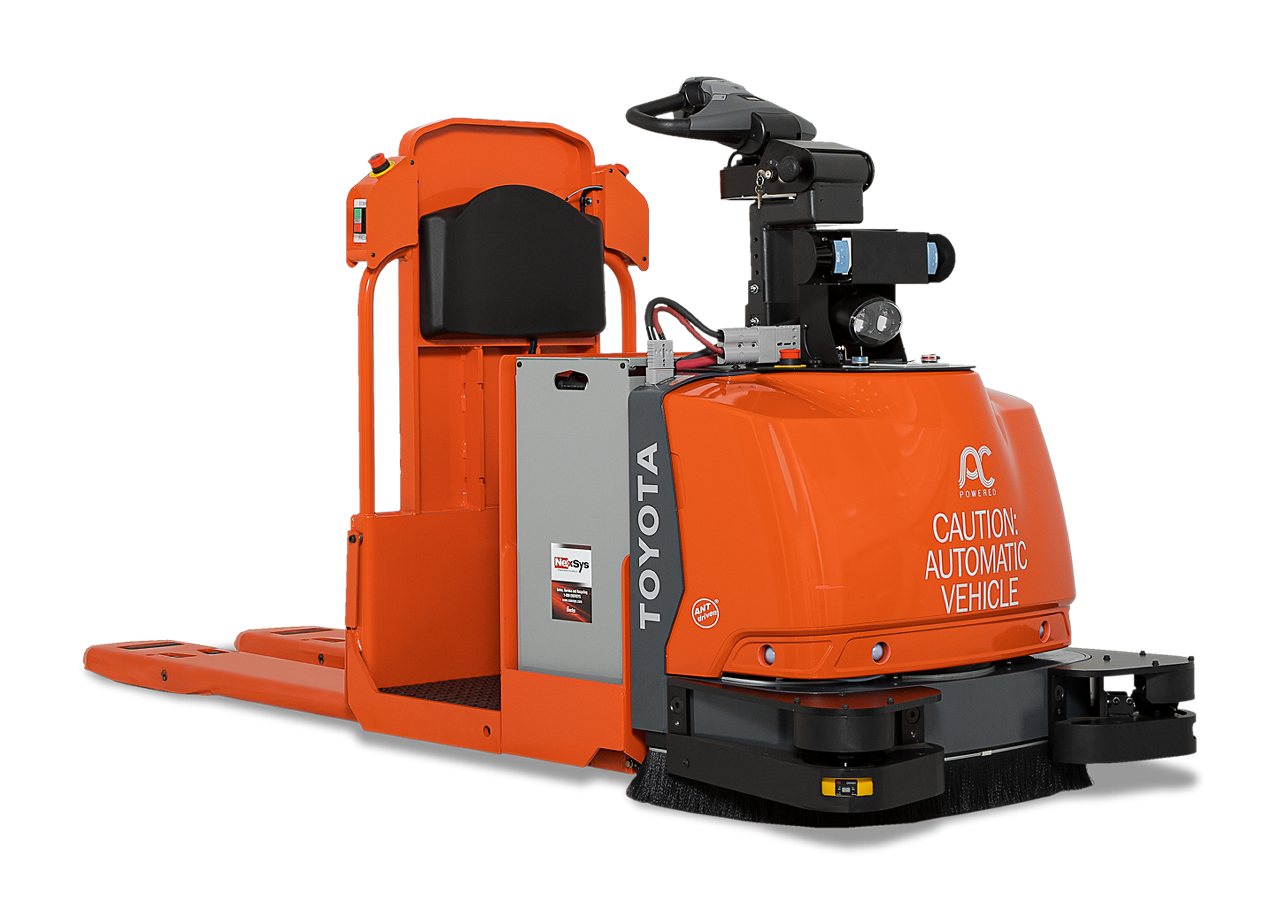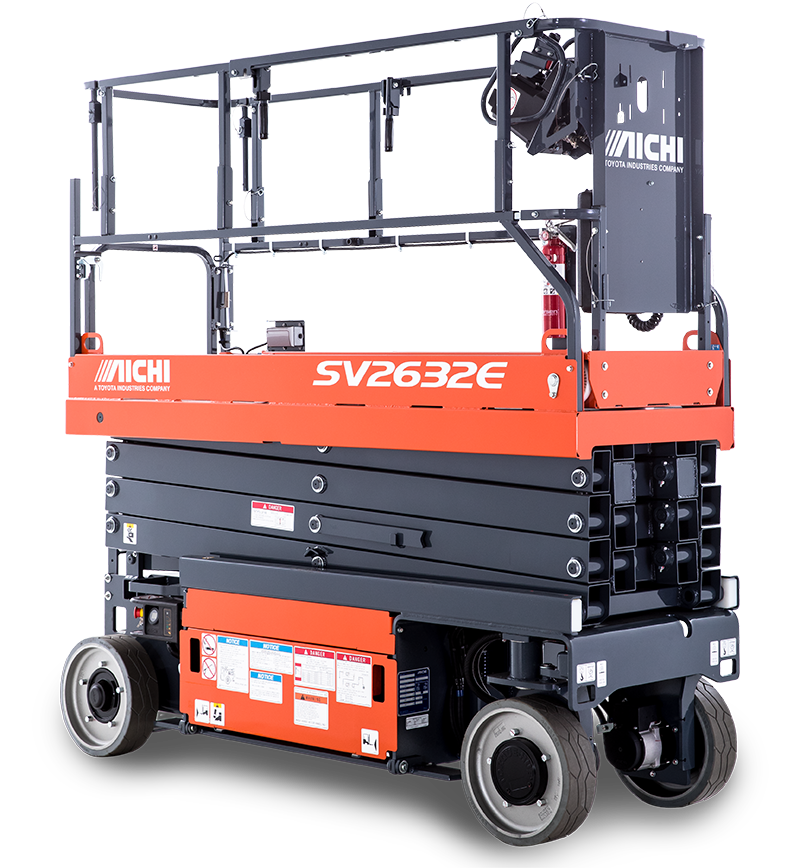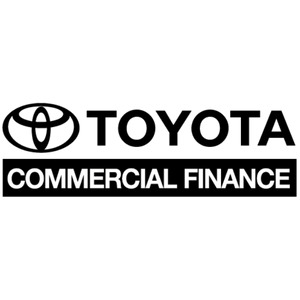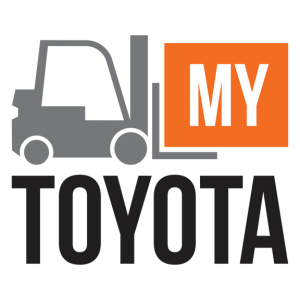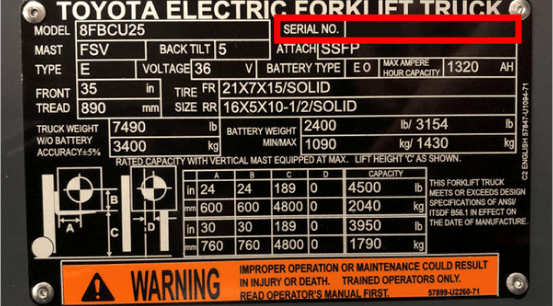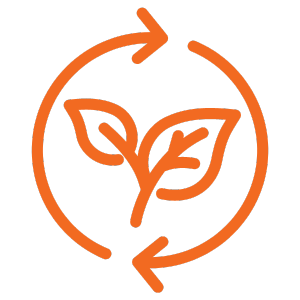Valuing the Toyota Production System and Lean Manufacturing
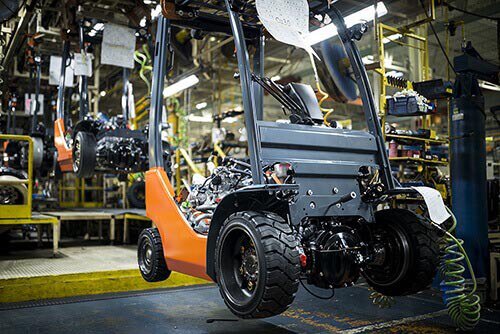
Toyota has been a leading supplier of innovative forklifts for decades – one in five forklifts sold around the world is a Toyota. Why is Toyota so highly regarded? It’s the quality, durability, reliability, and total overall value of a Toyota Forklift. All of these are the result of the Toyota Production System and lean manufacturing, the foundation of all our success and the reason why your purchase of a Toyota forklift means you’re getting the highest-quality product on the market today. So what do we mean by quality, durability, reliability, and overall value? Let us show you:
Quality:
One of Toyota’s philosophies is the concept of always improving the quality of its products, Kaizen. Employees at Toyota production facilities are encouraged to offer suggestions to improve processes and streamline production to consistently improve the quality of Toyota forklifts. As a result, in a 2015 study conducted by Peerless Research, Toyota forklifts ranked number one in quality for the eleventh year in a row.
Durability:
Toyota forklifts are made to stay strong and keep running. One Toyota forklift owner said “We have ten Toyota trucks with over 20,000 hours each and they are still running with excellent run time and minimal down time.”
Reliability:
Toyota forklifts may get a lot of use, but the repair manuals don’t. Toyota forklifts are designed to require less maintenance and to be more energy efficient than other brands. One Toyota owner said “A regular preventative maintenance plan is all we need to keep our Toyota fleet running.”
Value:
Toyota forklifts give you multiple ways to boost savings. You get efficient, environmentally-friendly and fuel efficient forklifts for the best overall value in the industry. In fact, in the same study mentioned above, Toyota ranked number one for value and lowest cost of ownership for the eleventh year in a row. That’s a pretty good track record.
How did we get here? The Toyota Production System and lean management philosophy are founded on a set of practices and principles that are tried and true. Each is built on practice, always striving for improve, and above all else, people who are dedicated to success, just like you.
The Toyota Production System and Lean Management Rely on the Dedication of People
There’s an old Japanese saying “Monozukuri was hitozukuri.” This mean “Making things is about making people.” The Toyota Production System, no matter how world-renowned in becomes or how many classrooms it’s taught in, cannot function with dedicated people who work every day toward improving in order to build the best possible product. We call it the Toyota Way, and in every step of our five core values, it shines through as the single component that drives our success:
The first three core values of The Toyota Way relate to Continuous Improvement:
- Challenge: To maintain a long-term vision and meet all challenges with the courage and creativity needed to realize that vision.
- Kaizen: Continuous improvement. As no process can ever be declared perfect, there is always room for improvement.
- Genchi Genbutsu: Going to the source to find the facts to make correct decisions, build consensus and achieve goals.
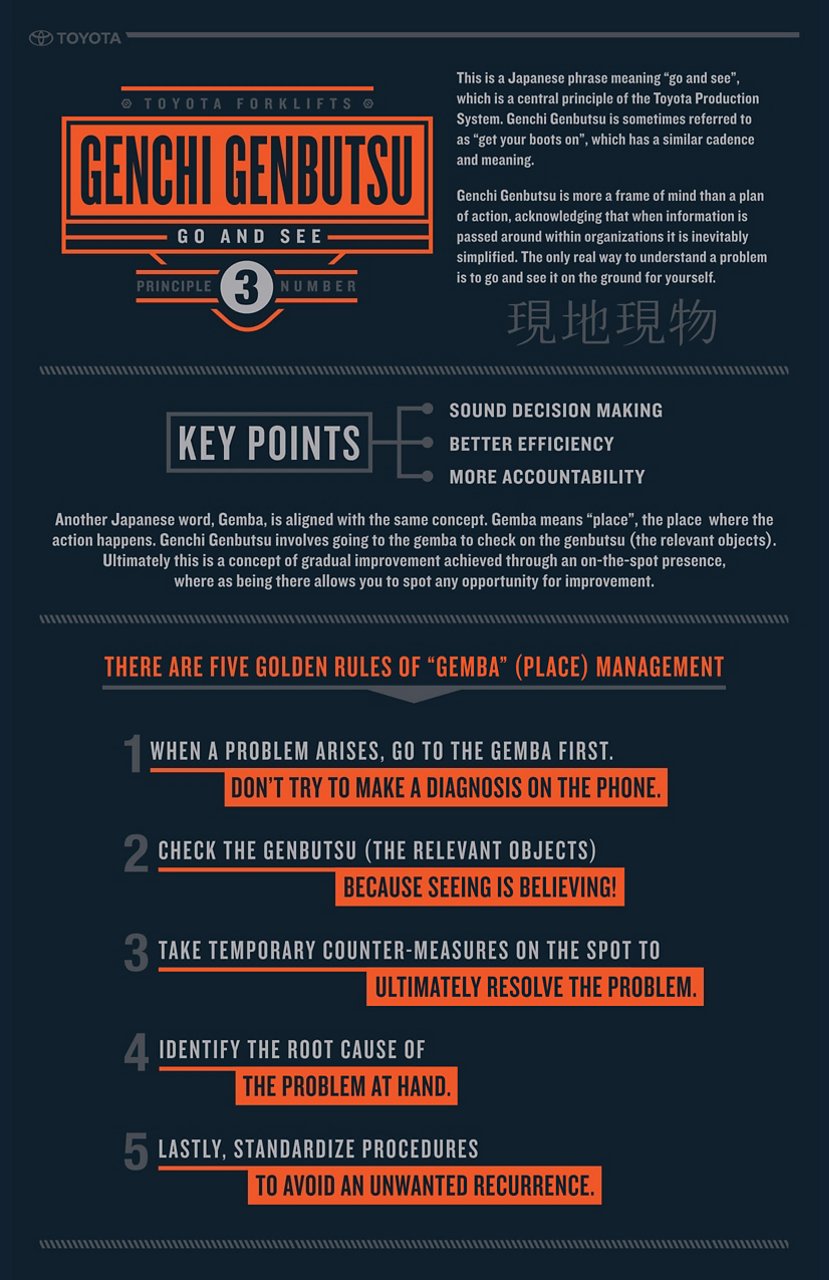
The other two core values of The Toyota Way relate to Respect For People:
- Respect: Respect others. Make every effort to understand others, accept responsibility and build mutual trust.
- Teamwork: Stimulate personal and professional growth, share opportunities for development, and maximize individual and team performance.
Without the people at Toyota, the Toyota Production system could not function effectively. Start there. And if you want to learn more about the nuts and bolts of the Toyota Production System and lean management, keep reading.
The Three Foundational Concepts of the Toyota Production System
The Toyota Production System’s way of manufacturing, which is sometimes referred to as a “lean manufacturing” or a “Just-in-Time (JIT) system,” has come to be well-known and well-studied, worldwide.
The Toyota Production System (TPS) was established based on three concepts:
1. Jidoka, which can be loosely translated as “automation with a human touch.” Jidoka means when a problem occurs, the equipment stops immediately to prevent defective products from being produced. Jidoka began with the Type-G Toyoda Automatic Weaving Loom in 1924. The Type-G would stop as soon as it detected a broken thread, which prevented defective products.
2. Just-in-Time means each process produces only what is needed by the next process in a continuous flow. Parts are delivered on-time, in real-time and only the parts needed for the current task.
3. Kaizen, which can be translated into continuous improvement. Under Kaizen, Toyota continually makes improvements to production and products.
Based on the basic philosophies of jidoka, Just-in-Time, and kaizen, the TPS process can efficiently and quickly produce forklifts of sound quality, by the order, to fully satisfy customized customer requirements.
Like U.S.-built forklifts, Toyota engines, which are built in Japan, follow the same Toyota Production System concepts. Since 1956, Toyota has produced nearly 5 million industrial engines and over 15 million engines overall. The philosophy of Kaizen has influenced downsized displacement with equivalent output, higher fuel efficiency, cleaner emissions and a total reduction in engine size.
When you buy a Toyota, you are buying a product and components that were manufactured in a world-renowned system and to the highest quality standards.
Ways That Kaizen in the Toyota Production System Leads to Success
Kaizen is a process to identify problems at their source. It involves every employee making small improvements on a continuous basis. Here are three ways kaizen can make a difference at your company:
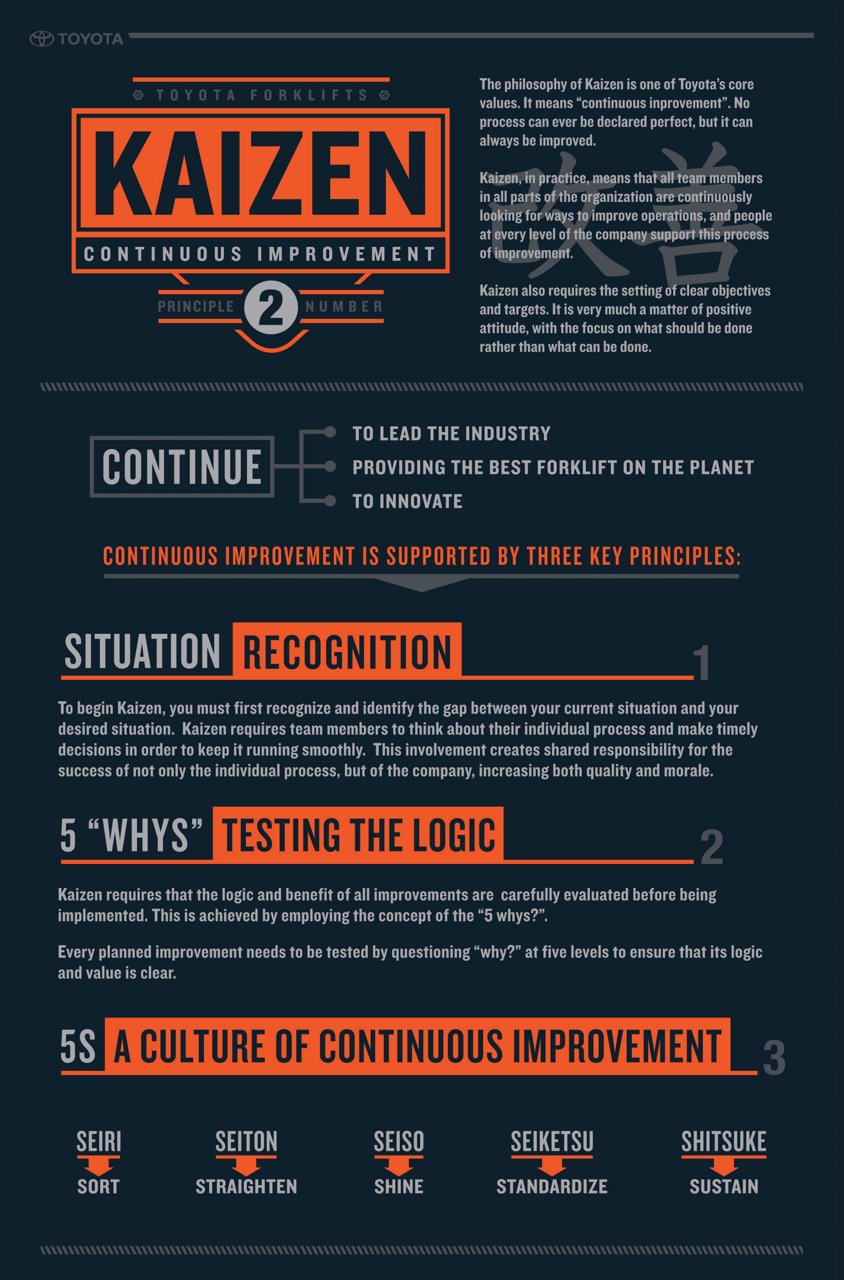
1. Reduce waste. Kaizen can reduce waste in several areas including inventory, over production, worker movement and waiting times.
2. Get immediate results. Kaizen is the ongoing process of continually making small changes all the time. These changes are usually easy to implement, giving you immediate results.
3. Improve employee retention. Kaizen includes employees in the process, giving them a greater sense of responsibility for their job. It often results in higher employee morale and job satisfaction.
Additional Toyota Terminology in the Toyota Production System and Lean Management
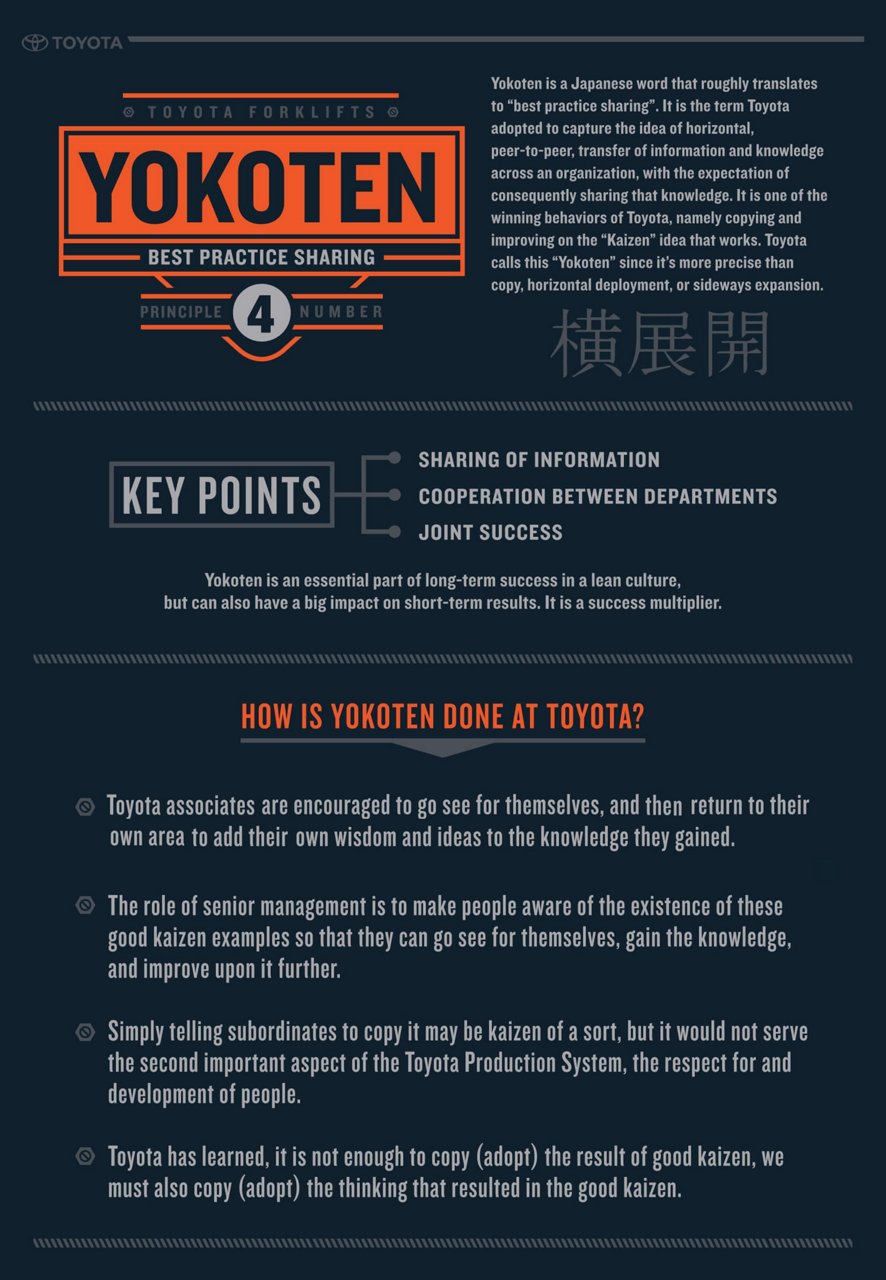
- Andon Board – The medium for workers to signal problems to supervisors for immediate remedy, stopping the production process if necessary. Workstations along the production line can activate a warning on an illuminated central display board, which constantly displays productivity levels.
- Asa-ichi Meeting – A meeting held every morning in Toyota plants to discuss quality deviations and eliminate their causes. An essential part of the practice of kaizen.
- Genchi Genbutsu – Going to the source to find the facts to make correct decisions, build consensus and achieve goals.
- Heijunka – Leveling the production schedule in both volume and variety. A precondition for just-in-time and elimination of mura, muri and muda.
- Jidoka – The act of making problems visible so they can be immediately addressed.
- Just-in-Time – Making only what is needed, when it is needed, and in the amount needed, delivered just as they are needed (a continuous ‘pulling’ flow of standardized operations).
- Kaizen – Continuous improvement. As no process can ever be declared perfect, there is always room for improvement.
- Kanban Card – An instruction in the process that parts need to be replenished for production to continue uninterrupted.
- Muda – Waste in all its forms (things that do not add value to the final product): overproduction, surplus inventory, rework/correction, motion, processing, waiting and conveyance.
- Mura – Unevenness (in workload). Heijunka eliminates mura, muri and muda.
- Muri – Overburden or strenuous work, leading to safety and quality problems – more waste.
- Poka-Yoke – Mistake-proofing – devices that make it difficult or impossible for a worker to make common errors at his or her workstation. A simple but creative and reliable way to reduce errors and maintain quality.
- Pull-System – Items called only as they are needed, as opposed to a ‘push-system’ that may not take account of actual need.
- Takt Time – The rate of customer demand – producing only what the market requires, and thereby achieving the optimum duration of the work-cycle that fulfills each customer’s demand.
- Yokoten – Best practice sharing. Horizontal transfer of information and knowledge across an organization.
The Toyota Production System helps ensure that Toyota forklifts retain industry-leading quality, durability, reliability and value. Toyota is the number one forklift brand as determined by Modern Materials Handling’s annual Top 20 Lift Truck Suppliers list.
Toyota 5s in Lean Management and the Toyota Production System
Toyota’s famous 5S approach to organization and workplace culture is one of the primary reasons that the lean management works. And implementing 5s is something that can happen at your facility. It’s more than a philosophy and it can be applied in a wide variety of industries, not just manufacturing. Use this infographic to help you get started.
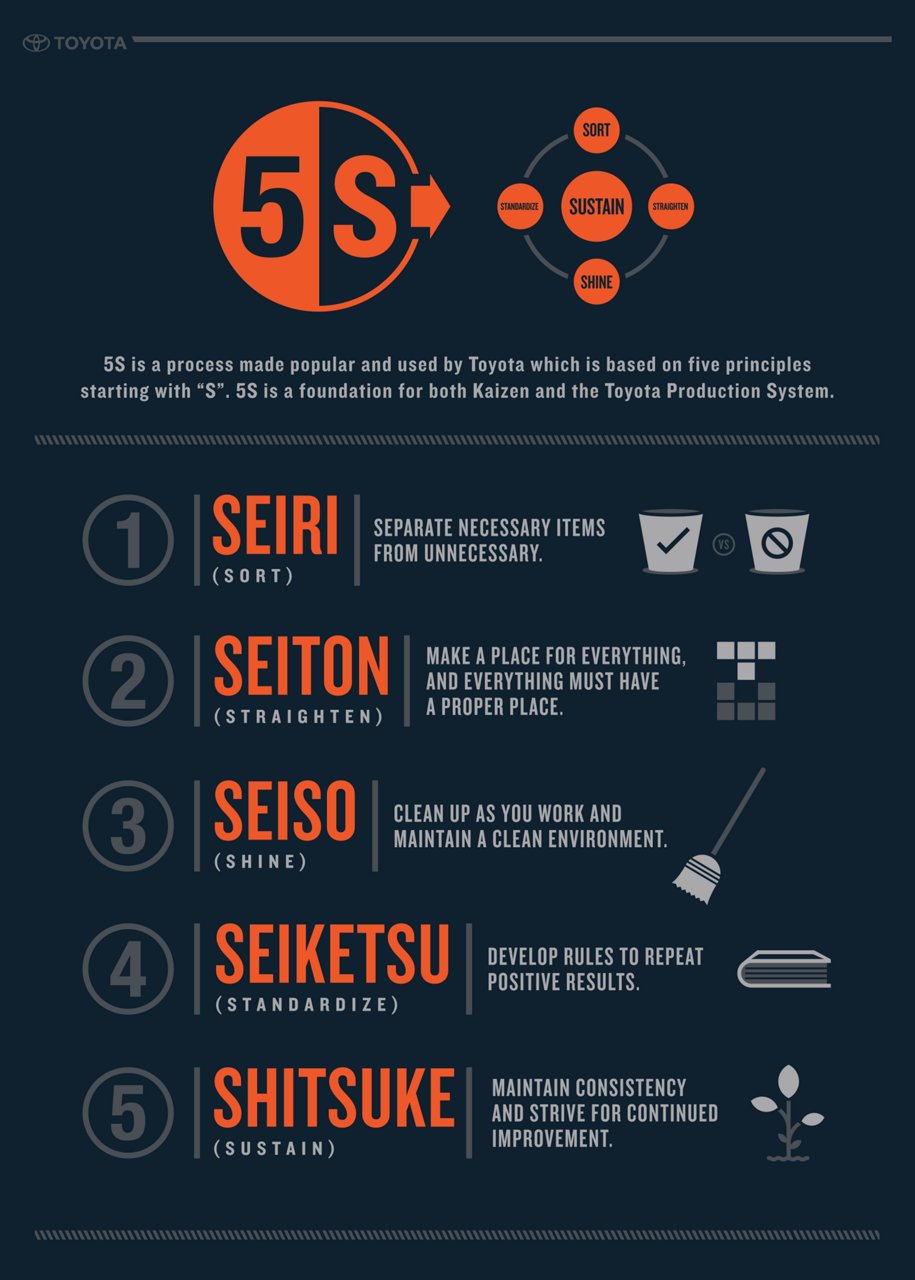
For more information about the Toyota Production System or to request a quote, please contact your locally authorized Toyota Dealer.
